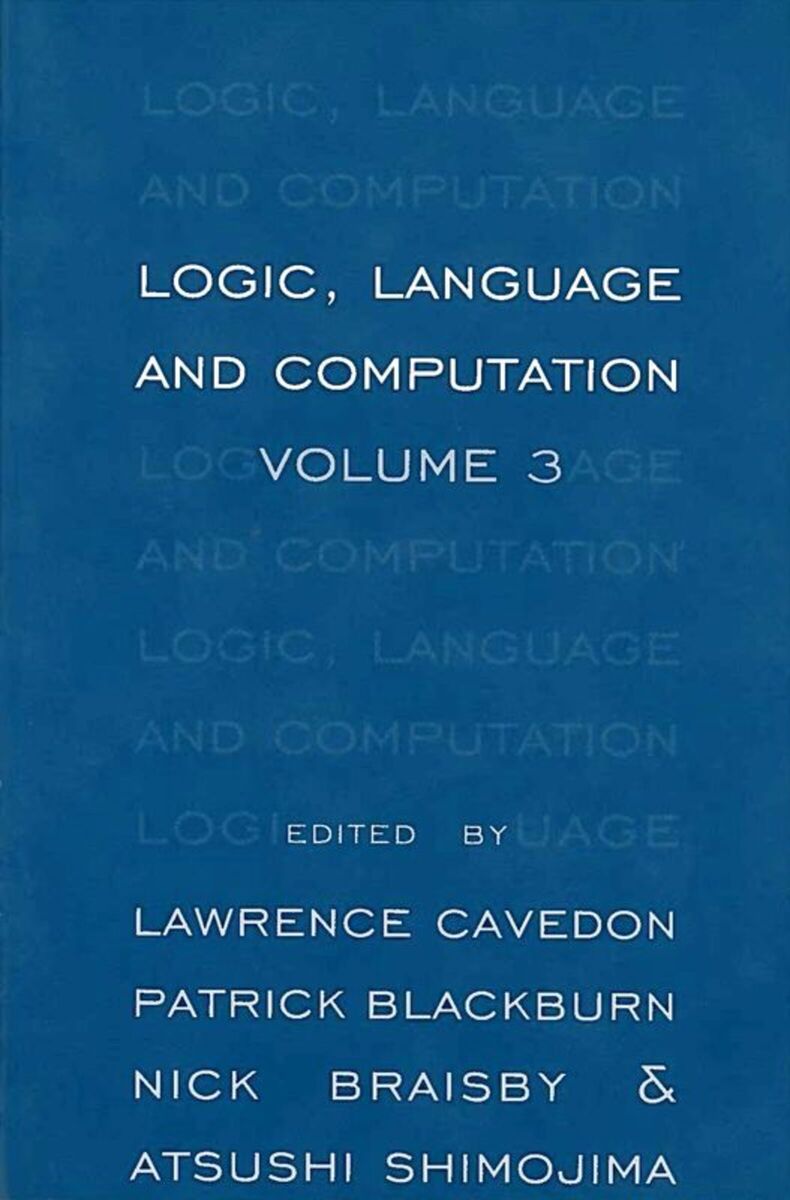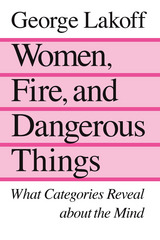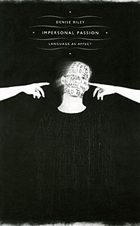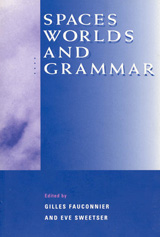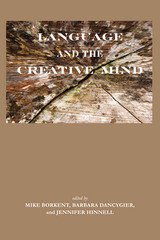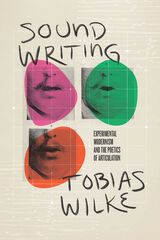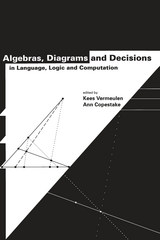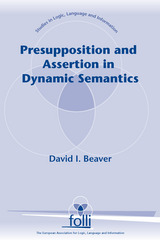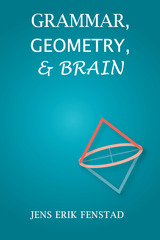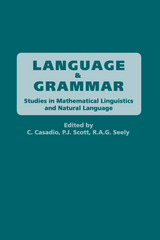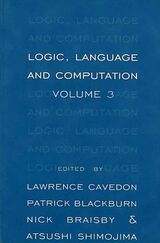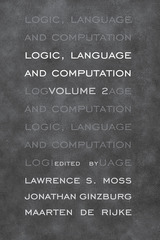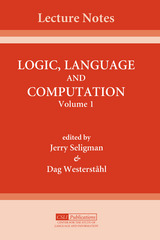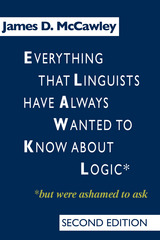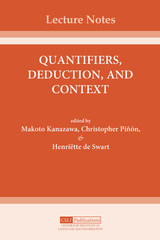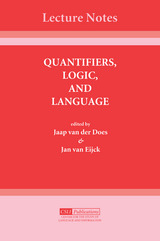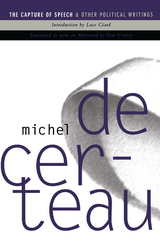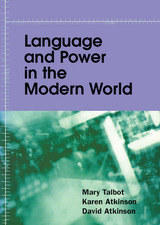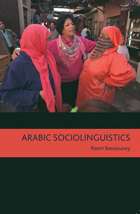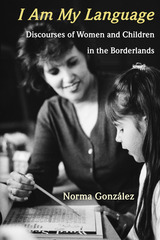Logic, Language and Computation, Volume 3
CSLI, 2001
Cloth: 978-1-57586-267-5 | Paper: 978-1-57586-268-2 | eISBN: 978-1-68400-076-0
Library of Congress Classification P39.L593 1996
Dewey Decimal Classification 410.285
Cloth: 978-1-57586-267-5 | Paper: 978-1-57586-268-2 | eISBN: 978-1-68400-076-0
Library of Congress Classification P39.L593 1996
Dewey Decimal Classification 410.285
ABOUT THIS BOOK | TOC
ABOUT THIS BOOK
With the rise of the internet and the proliferation of technology to gather and organize data, our era has been defined as "the information age." With the prominence of information as a research concept, there has arisen an increasing appreciation of the intertwined nature of fields such as logic, linguistics, and computer science that answer the questions about information and the ways it can be processed. The many research traditions do not agree about the exact nature of information. By bringing together ideas from diverse perspectives, this book presents the emerging consensus about what a conclusive theory of information should be. The book provides an introduction to the topic, work on the underlying ideas, and technical research that pins down the richer notions of information from a mathematical point of view.
The book contains contributions to a general theory of information, while also tackling specific problems from artificial intelligence, formal semantics, cognitive psychology, and the philosophy of mind. There is focus on the dynamics of information flow, and also a consideration of static approaches to information content; both quantitative and qualitative approaches are represented.
The book contains contributions to a general theory of information, while also tackling specific problems from artificial intelligence, formal semantics, cognitive psychology, and the philosophy of mind. There is focus on the dynamics of information flow, and also a consideration of static approaches to information content; both quantitative and qualitative approaches are represented.
See other books on: Blackburn, Patrick | Computational linguistics | Language and logic | Logic | Logic, Symbolic and mathematical
See other titles from CSLI
